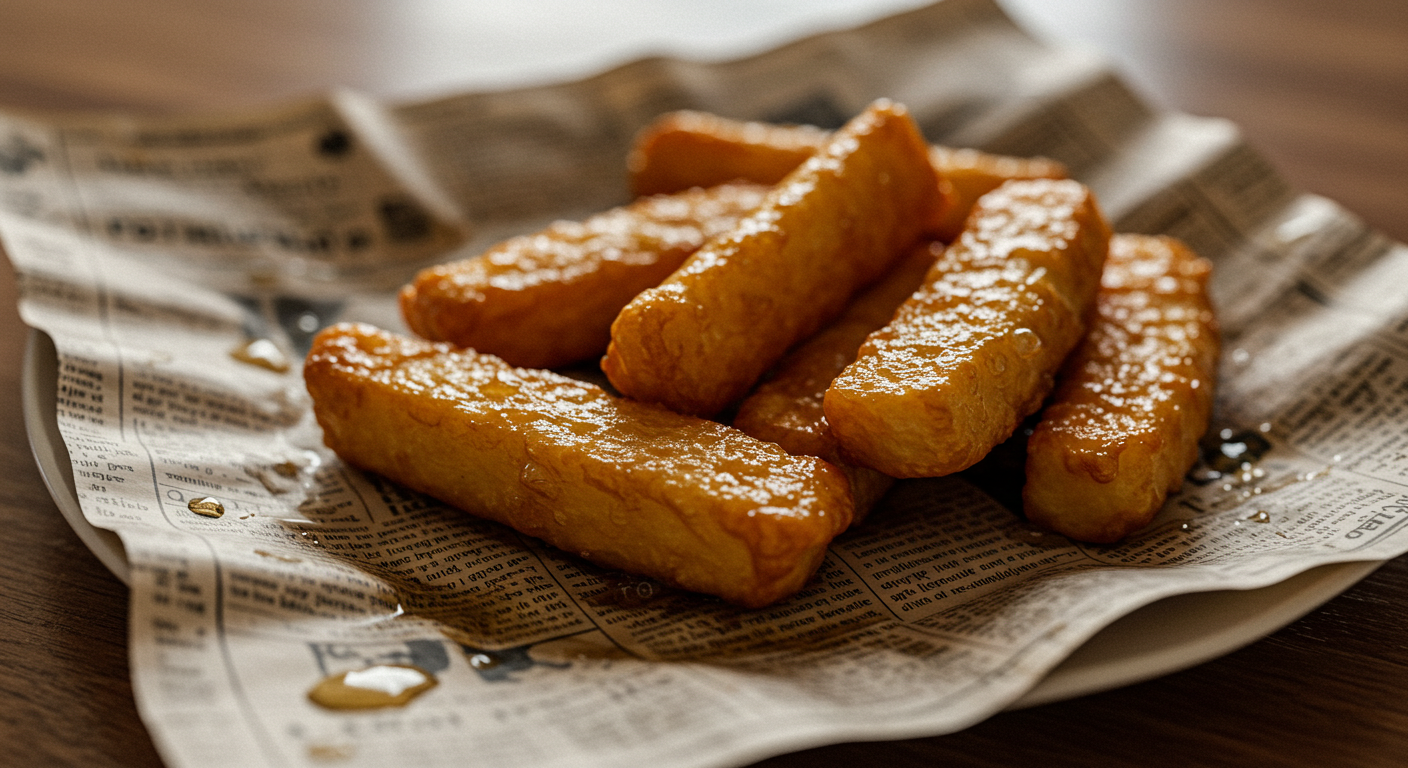Dr. Kumar’s Take:
This important review highlights how the dramatic rise in omega-6 vegetable oil consumption, especially linoleic acid, may be a hidden driver behind heart disease. It is not just LDL cholesterol, but the oxidation of linoleic acid inside LDL particles that triggers harmful changes leading to atherosclerosis. Reducing industrial seed oils (like soybean, corn, and sunflower oils) and increasing omega-3 intake may protect the heart by lowering oxidized LDL levels.
Key Takeaways:
✔ High intake of linoleic acid increases the risk of oxidized LDL, a key factor in heart disease.
✔ Oxidized linoleic acid is the primary fat found in atherosclerotic plaques.
✔ Omega-3 fats (like EPA and DHA) help protect against LDL oxidation and lower heart disease risk.
✔ Replacing saturated fats with omega-6 vegetable oils may increase heart disease and death.
Actionable Tip:
Limit foods cooked in industrial seed oils (soybean, corn, sunflower, safflower) and choose healthier fats like olive oil, avocado oil, grass-fed butter, and fatty fish to lower the risk of heart disease.
Brief Summary:
This review article explains that coronary heart disease may be fueled by the oxidation of linoleic acid (an omega-6 fat) inside LDL particles. As linoleic acid oxidizes, it triggers foam cell formation, artery inflammation, and plaque buildup. While vegetable oils lower cholesterol levels, they also increase LDL oxidation, making arteries more vulnerable. Studies show more oxidized linoleic acid in atherosclerotic plaques, and higher heart disease risk in people consuming more linoleic acid. In contrast, omega-3 fats lower triglycerides, reduce inflammation, and protect LDL from oxidation.
Study Design:
This paper is a comprehensive review of human, animal, and biochemical research. It synthesizes findings from systematic reviews, randomized controlled trials, observational studies, and laboratory studies on LDL oxidation, fatty acid composition in plaques, and clinical outcomes from omega-6 intake.
Results:
- Linoleic acid levels in body fat have increased 2.5-fold since the 1950s.
- Higher linoleic acid in adipose tissue and blood is linked to more coronary artery disease.
- Oxidized LDL particles contain mainly oxidized linoleic acid products like 9-HODE.
- Randomized trials replacing saturated fat with omega-6 oils showed more deaths, heart attacks, and strokes.
- A high intake of linoleic acid increases inflammatory markers like CRP and fibrinogen.
- Marine omega-3 fats reduce LDL oxidation, inflammation, and plaque buildup.
How Linoleic Acid Drives Heart Disease:
Linoleic acid, abundant in vegetable oils, is unstable and easily oxidized. When LDL particles carrying linoleic acid oxidize, they trigger:
- Foam cell formation (the start of plaque buildup).
- Inflammation and immune system activation.
- Endothelial dysfunction, making blood vessels leakier.
- More lipoproteins getting trapped under artery walls.
This vicious cycle leads to the progressive thickening and hardening of arteries, increasing the risk of heart attacks and strokes.
Related Studies and Research
Soybean Oil and the Omega Balance Shift – Documents how industrial oils altered the human diet and lipid profile.
The Rise of Linoleic Acid in U.S. Adipose Tissue – Provides biochemical evidence for increased LA storage in modern populations.
Railway Workers, Diet, and Heart Disease in India – Historical example showing rising heart disease with seed oil introduction.
Linoleic Acid and Obesity: A Review – Discusses obesity mechanisms driven by omega-6 metabolism and mitochondrial signaling.
Health Risks of Linoleic Acid – Comprehensive review of adverse health effects from excess LA.
Inflammation, Cholesterol, and Heart Disease – Explores how oxidized lipids and inflammation interact in atherosclerosis.
ApoB vs. LDL Cholesterol: Which is the Better Risk Marker? – Highlights how particle quality and composition, not just quantity, matter.
Frequently Asked Questions
Why are seed oils like soybean and corn oil harmful?
They are very high in linoleic acid, which oxidizes easily inside the body, creating damaging compounds that promote heart disease.
Should I avoid all omega-6 fats?
You do not need to avoid all omega-6 fats, but limiting industrial seed oils and processed foods while balancing your intake with omega-3-rich foods is important.
What oils are safer to use?
Use olive oil, avocado oil, coconut oil, or grass-fed butter for cooking. These fats are more stable and less prone to oxidation.
Can eating more omega-3 reverse the damage?
Omega-3 fats can reduce inflammation, lower triglycerides, and protect LDL particles from oxidation, helping to slow down or reverse some arterial damage.
Conclusion
This review provides strong evidence that high intake of linoleic acid from industrial vegetable oils likely contributes to coronary heart disease by promoting LDL oxidation and arterial inflammation. Choosing healthier fats and increasing omega-3 intake may lower your risk. Avoiding processed seed oils is one of the most actionable dietary steps you can take for better heart health.


